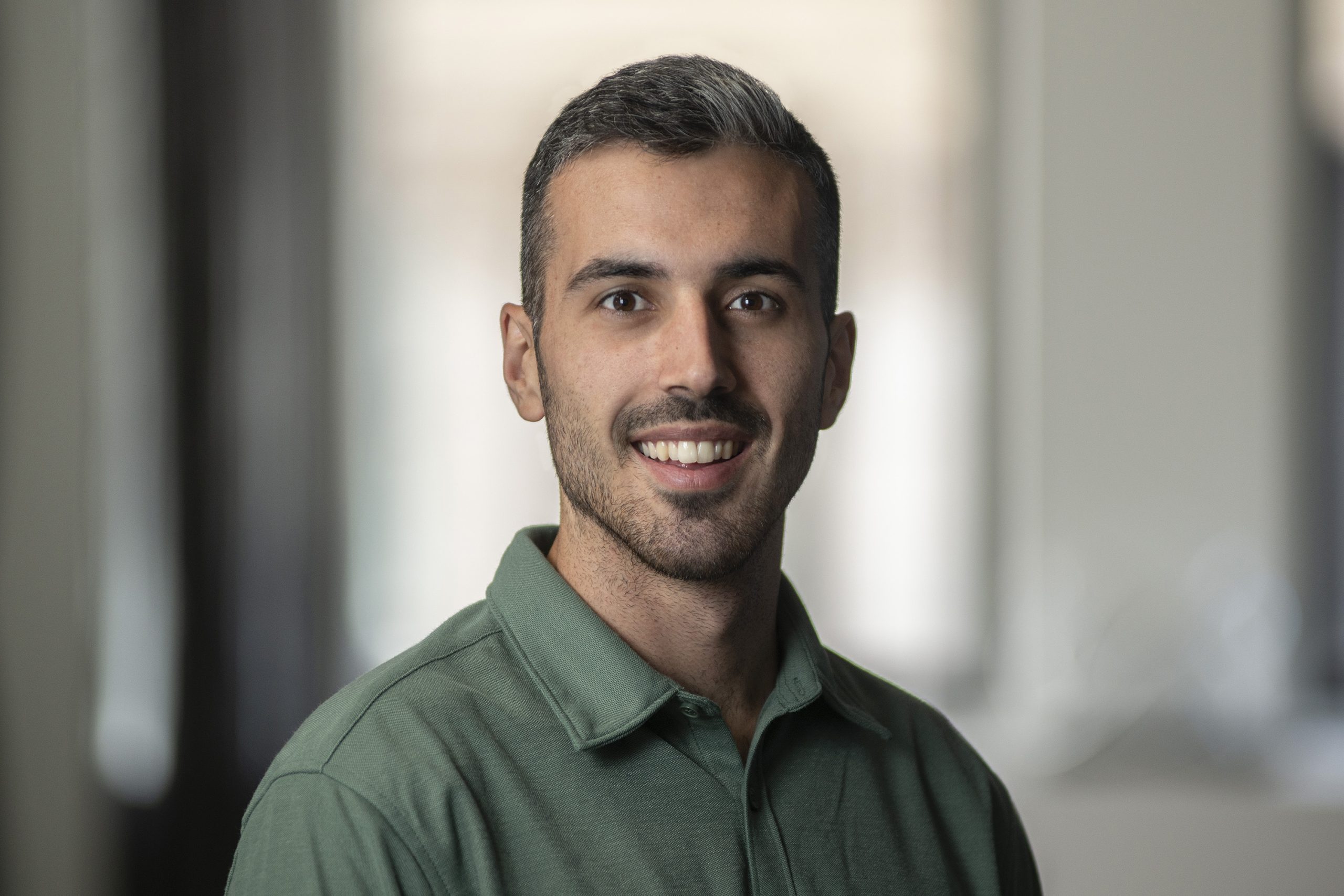
1. Can you describe your role in the SDSS collaboration and what you enjoy most about it?
I am a co-chair of COINS and a member of the Milky Way Mapper survey. I am also a co-chair for the Magellanic Genesis working group, where we are targetting the Large/Small Magellanic clouds to understand their formation and evolution. I have been part of SDSS since I started my academic career, and I enjoy the majority of aspects about it. I am particularly enjoying my involvement in COINS and the working groups; especially with COINS, as I am able to help and work towards making SDSS as inclusive as possible, which is fun. The thing I love the most about SDSS is that I get to collaborate with members from across the world on science topics I am passionate about, which typically lead to great collaborations and friendships.
2. Can you tell us about your educational background and how you got interested in the field of astronomy/astrophysics?
I come from a single parent family from a low economic background. I got interested in astronomy/astrophysics thanks to my highschool physics teacher. However, I was never fully passionate about astronomy until working with my master’s mentor on a research project at the end of my MPhys in Physics with Astrophysics course at Northumbria University (in the north of England, where I initially went to pursue a career in professional basketball). I received my PhD in astrophysics from the Astrophysics Research Institute at Liverpool John Moores University (UK). I am currently a post-doc at the Flatiron Institute in New York.
3. What projects are you currently working on and what are you most excited about?
I have my fingers in a lot of pies. However, one of the projects I am very excited about is the idea of using the element abundance measurements that APOGEE/Milky Way Mapper in synergy with the data from the Gaia telescope to develop Galactic Dynamics frameworks, and in turn measure the orbital structure and mass density distribution of the Milky Way. Doing this, we have for the first time measured the amount of total mass and dark matter mass around the Sun with chemical abundances (!). However, I am interested in all things Local Group, and specifically the formation and evolution of our Galaxy.
4. Can you describe how you balance work and personal life, and what advice would you give to someone just starting in the field?
My time as a student-athlete quickly taught me how to organise my day, so I have learned how to manage my time through trial and error over the years. For someone starting out, I would suggest writing down a list of the basic tasks your work demands, and then setting up a work flow that suits your needs (e.g., I like to get the logistical and administrative tasks done when I first get in, so that I can leave the rest of my day to fun science). The way I see it is, you should enjoy what you do, so structure the day so that you can ensure you are enjoying your job.
5. Can you share with us a unique hobby or interest that you have outside of work?
I love sports. I love playing basketball, although I haven’t had much time to do this lately… I also like nature and outdoor activities. I like going to concerts, shows, and spending time with my family/friends.
